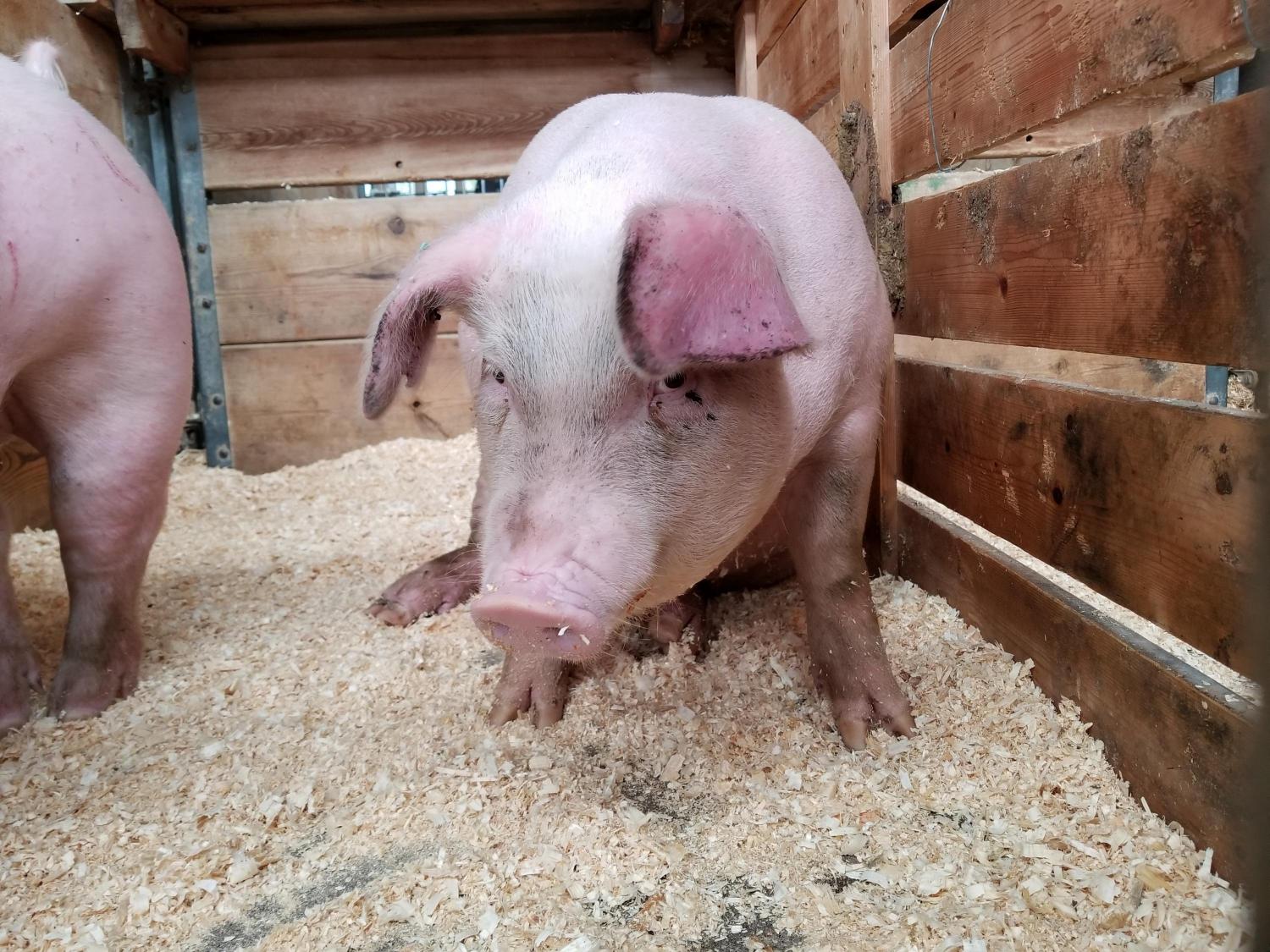
Would a meat tax nudge more citizens to change their diets, nudge more companies to expand into plant-based alternatives or ramp up animal welfare programs? In Europe's largest economy, the discussion is well underway.
Germany has given us a bevy of meat dishes, from the bratwurst to wiener schnitzel, the latter of which is on menus worldwide from Bavaria to Bangkok. But according to several news sources, including the country’s Deutsche Welle news service, some politicians are suggesting that citizens give up more at the checkout counter in the form of a meat tax in order to fund animal welfare programs in the country.
Growing criticism of how animals are treated at factory farms have sparked this discuss. Legislators who belong both to the Social Democratic and Green Party suggest that meat be taxed like most non-food products, at a rate of 19 percent. The current rate for food is a value-added tax of 7 percent. Taxing meat, say supporters of this policy, would help boost animal welfare programs across the country.
The global meat industry has long said it is doing what it can to make the sector more responsible and sustainable, but many policy makers aren’t having it. Some countries are already enacting policies in the drive to moderate their citizens’ meat intake. A few years ago, the Netherlands recommended that people adopt more of a plant-based diet, while reducing their weekly meat consumption to less than 500 grams (17.5 ounces).
On this side of the pond, the very idea of taxing meat would be about as popular as a universal basic income or government-run health insurance. Just look at the politics: Mississippi has banned the use of terms such as “veggie burgers” in retail outlets, even threatening jail time for offenders. Other states are considering similar measures.
But finding ways to either tax meat, or discourage its consumption, may not be impossible. A 2015 Chatham House study conducted surveys and held focus groups in a dozen nations and found such measures could work if they were framed as beneficial to the public interest – as in the anti-smoking campaigns of yesteryear.
Agriculture and food interests in the United States would fight such an initiative tooth and nail, but as we’ve seen time and again, the political climate can change on a dime. And the reality is that many of the world’s largest meat companies are already tweaking their business models.
For example, Brazil’s JBS, the world’s largest meat company, introduced a plant-based patty this spring. Nestlé will soon roll out its version of a plant-based burger in the United States and Europe. Smithfield Foods has kicked off a line of soy-based meatless products, which could be available in 5,000 stores by February 2020. And Tyson Foods recently announced its own alternative meat product.
Such chess moves are smart for a bevy of reasons that go beyond climate action and public health. After all, it’s better to anticipate these shifts, self-regulate and wield the ax on your own terms, rather than have legislators do it for you.
Image credit: Laura Anderson/Unsplash

Leon Kaye has written for 3p since 2010 and become executive editor in 2018. His previous work includes writing for the Guardian as well as other online and print publications. In addition, he's worked in sales executive roles within technology and financial research companies, as well as for a public relations firm, for which he consulted with one of the globe’s leading sustainability initiatives. Currently living in Central California, he’s traveled to 70-plus countries and has lived and worked in South Korea, the United Arab Emirates and Uruguay.
Leon’s an alum of Fresno State, the University of Maryland, Baltimore County and the University of Southern California's Marshall Business School. He enjoys traveling abroad as well as exploring California’s Central Coast and the Sierra Nevadas.














